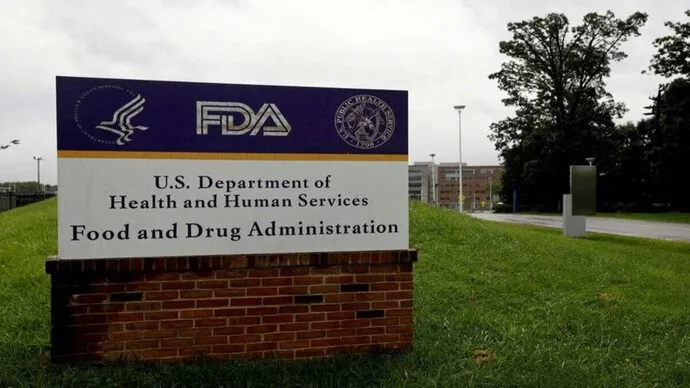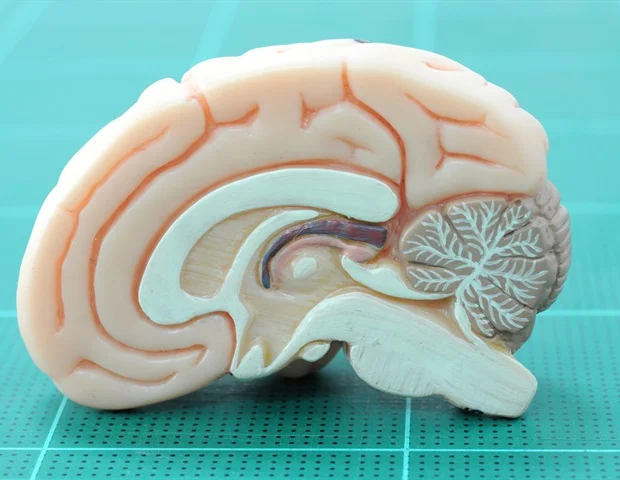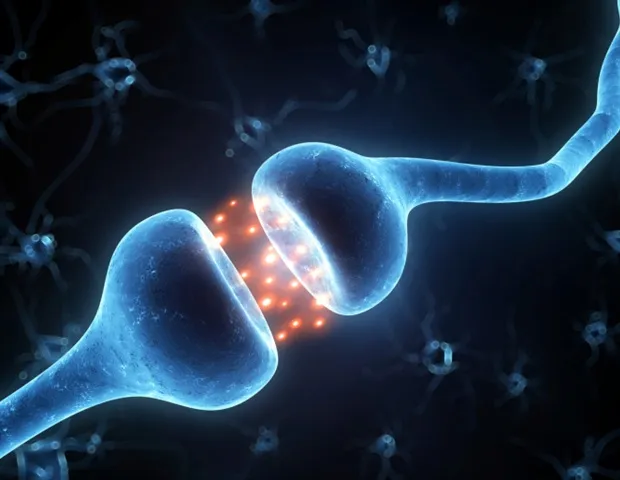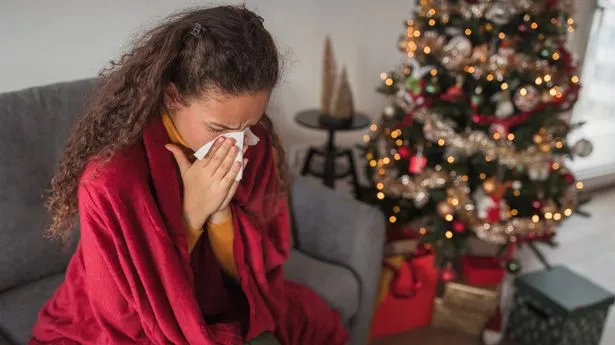Americans’ Top Causes of Anxiety Revealed: Understanding the Root Causes and How to Cope
Anxiety is a prevalent issue affecting millions of Americans, with the causes varying widely from environmental factors to genetic predispositions. The rise in anxiety disorders in recent years can be attributed to a number of factors, both internal and external. In this article, we will delve deep into the top causes of anxiety in America, explore the underlying factors contributing to its increase, and provide insights into how individuals can manage and alleviate their symptoms.
1. The Impact of Financial Stress on Anxiety
Financial concerns have always been a major contributor to anxiety in individuals across the world, and America is no exception. Whether it’s worrying about mounting student loans, credit card debt, mortgages, or job insecurity, financial stress is a significant factor in the anxiety levels of many Americans.
In fact, according to a study by the American Psychological Association (APA), financial stress is among the top sources of anxiety for Americans. The fear of not being able to pay bills or losing a job can create constant worry and a sense of helplessness. For many, this stress is compounded by the rising cost of living, stagnant wages, and the pressure to maintain a certain lifestyle.
The psychological strain of financial stress can lead to physical symptoms like difficulty sleeping, headaches, muscle tension, and digestive issues. It’s not uncommon for individuals who are struggling financially to experience panic attacks or heightened anxiety in the face of uncertainty.
2. Job-Related Stress and Its Role in Anxiety
Job-related stress has become one of the leading causes of anxiety in America. The modern workplace is marked by long hours, high expectations, and increasing pressure to perform. Factors such as job insecurity, office politics, and the fear of burnout are pervasive in many industries.
The rise of remote work, while offering flexibility, has also blurred the lines between work and personal life, leading to increased stress for some individuals. Workers are expected to remain constantly connected and responsive, which creates a sense of overwhelm.
According to the National Institute for Occupational Safety and Health (NIOSH), job stress can result in serious mental health issues, including anxiety. The pressure to meet deadlines, deal with difficult coworkers or supervisors, and maintain a work-life balance can trigger or worsen anxiety symptoms.
3. Social Media and Technology: The Anxiety Epidemic
In the digital age, social media and technology have become central to our lives, but they have also been identified as significant contributors to anxiety. The constant barrage of information and the need to stay connected at all times can cause mental exhaustion. Social media, in particular, is known to have negative effects on mental health, especially among younger generations.
Many individuals experience what is known as “social media anxiety,” which stems from the constant comparison to others. The curated, idealized portrayals of people’s lives on platforms like Instagram, Facebook, and TikTok can make individuals feel inadequate or left out. This is particularly true for young people who may be navigating issues related to self-esteem, body image, or identity.
Moreover, the endless stream of news and opinions on social media can contribute to a heightened sense of fear and anxiety. In a world where bad news seems to dominate the headlines, it can feel overwhelming, leading to a sense of uncertainty about the future.
4. The Rise of Health Concerns and Medical Anxiety
Health-related anxiety is another prevalent cause of anxiety in America, especially with the ongoing challenges posed by the COVID-19 pandemic. The fear of contracting illnesses or dealing with chronic health conditions has led to an increase in anxiety levels among individuals.
People who suffer from medical anxiety may worry excessively about their health, even when there are no obvious signs of illness. This condition, known as hypochondria or health anxiety, can cause individuals to constantly seek reassurance from doctors, engage in excessive self-checks, or avoid situations they believe may be harmful to their health.
Moreover, the constant media coverage of health-related crises, such as the pandemic or rising obesity rates, can amplify anxieties surrounding personal health. This anxiety can become particularly intense for individuals who have pre-existing conditions or a family history of health problems.
5. Political Uncertainty and Social Instability
In recent years, political instability and social unrest have become significant contributors to anxiety for many Americans. The divisiveness seen in the political landscape, combined with concerns about the future of the country, has left many feeling uncertain and anxious about what lies ahead.
The 2020 presidential election, protests against racial injustice, and debates over policies like healthcare and climate change have sparked intense emotions. The constant cycle of news and political commentary can create a sense of helplessness or fear, especially when individuals feel that their values and beliefs are being challenged.
Additionally, the rise in global tensions and concerns about national security have added to the collective anxiety. Many Americans find themselves worried about issues like terrorism, war, and other geopolitical concerns that could have a direct impact on their lives.
6. Personal Relationships and Family Dynamics
Personal relationships and family dynamics are often cited as major sources of anxiety. Whether it’s dealing with marital problems, family conflicts, or difficulties with friends, interpersonal stress can take a significant toll on mental health.
For many, anxiety stems from the fear of losing loved ones, navigating difficult conversations, or feeling misunderstood. Relationships can become even more challenging when there are differing expectations or unresolved conflicts. The emotional strain of these issues can lead to anxiety, which may manifest as irritability, excessive worry, or physical symptoms like tension and headaches.
Additionally, individuals who experience trauma, whether in childhood or adulthood, may find that unresolved issues from the past continue to affect their relationships and trigger anxiety.
7. Trauma and Post-Traumatic Stress Disorder (PTSD)
Trauma, whether it’s the result of abuse, accidents, or natural disasters, can have long-lasting effects on mental health, often leading to anxiety disorders and post-traumatic stress disorder (PTSD). PTSD is a condition that can develop after experiencing or witnessing a traumatic event, causing persistent feelings of fear, helplessness, or horror.
Individuals with PTSD may experience flashbacks, nightmares, or extreme anxiety when exposed to reminders of the traumatic event. These symptoms can be debilitating, affecting their ability to function in daily life. Trauma-related anxiety can also manifest in physical symptoms such as heart palpitations, sweating, and trembling.
8. Environmental and Societal Factors: The Impact of Climate Change and Natural Disasters
In recent years, environmental and societal factors have also contributed to anxiety. The increasing frequency of natural disasters, including hurricanes, wildfires, and floods, has heightened concerns about safety and the future of the planet.
The impact of climate change has created a sense of dread and helplessness for many, particularly among younger generations who feel they are inheriting a world in crisis. Environmental anxiety, or eco-anxiety, is a growing concern, particularly among individuals who feel powerless in the face of climate change and environmental degradation.
9. Coping with Anxiety: Practical Tips and Strategies
While anxiety can feel overwhelming, there are several ways to manage and alleviate its impact. Here are some strategies that have been proven effective:
- Mindfulness and Meditation: Practicing mindfulness and meditation can help individuals stay grounded and reduce the intensity of their anxiety. Techniques like deep breathing, progressive muscle relaxation, and guided imagery can help lower stress levels and promote relaxation.
- Exercise: Physical activity is an excellent way to reduce anxiety. Regular exercise, such as walking, running, or yoga, can help release endorphins, which improve mood and reduce stress.
- Therapy and Counseling: Speaking to a mental health professional, such as a therapist or counselor, can help individuals understand the root causes of their anxiety and develop coping strategies. Cognitive-behavioral therapy (CBT) is one of the most effective forms of therapy for anxiety.
- Healthy Lifestyle Choices: Maintaining a healthy diet, getting enough sleep, and reducing alcohol or caffeine intake can all help reduce anxiety symptoms. A well-balanced lifestyle supports both physical and mental well-being.
- Social Support: Building a strong support system of friends, family, or support groups can provide comfort and reassurance during times of anxiety. Connecting with others who share similar experiences can help reduce feelings of isolation.
Anxiety in America is a complex issue with many contributing factors. Whether it’s financial stress, job-related pressure, or social media overload, understanding the root causes of anxiety is the first step in managing and overcoming it. By recognizing these triggers and implementing healthy coping strategies, individuals can reduce their anxiety levels and lead healthier, more fulfilling lives. It is important to note that seeking professional help is a critical step for those experiencing chronic or severe anxiety, and there is no shame in asking for support. As society continues to address the underlying causes of anxiety, we can work toward a healthier and more supportive environment for mental well-being.














